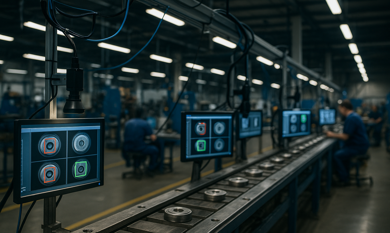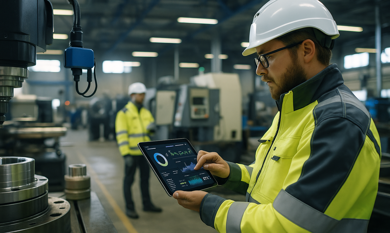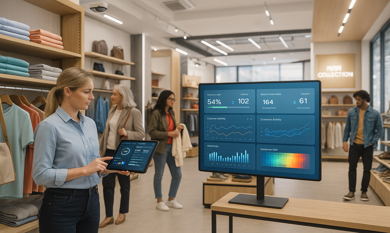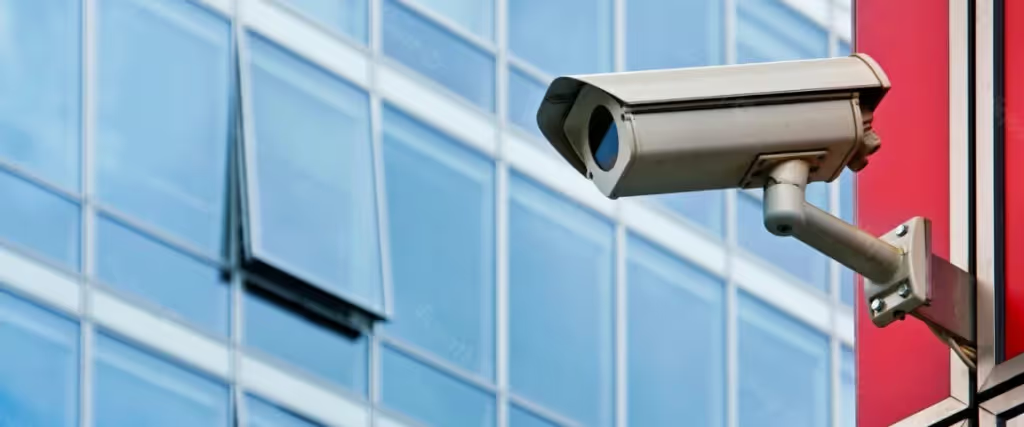Ahmedabad is rapidly urbanizing, with expanding residential, commercial, and industrial zones putting immense pressure on natural resources—especially water. As one of India's fastest-growing cities, the need for sustainable water management is not just a priority; it’s a necessity. Enter IoT (Internet of Things)—a technology revolutionizing how cities can manage water more intelligently and sustainably.
With rising population demands and recurring water shortages, integrating IoT solutions into urban infrastructure offers a smarter, more responsive way to control usage, minimize waste, and build sustainable futures. In this blog, we explore how smart water management using IoT can reshape Ahmedabad's urban ecosystem—and how tech innovation is already making waves in this sector.
The Water Crisis in Growing Cities Like Ahmedabad
Although nearly one-fifth of the world's people live in India, the country holds only a small fraction—around 4%—of global water resources. Cities like Ahmedabad face:
- Frequent water cuts during summers
- Water leakage from aging pipelines
- Overuse of groundwater
- Uneven distribution of drinking water
According to the NITI Aayog Composite Water Management Index 2023, nearly 21 cities in India, including Ahmedabad, are expected to run out of groundwater by 2030 if current trends continue. To tackle this, local governments and private sector partners must collaborate on smarter, tech-driven solutions.
How IoT Enables Smart Water Management
IoT technology allows for real-time monitoring, automation, and analytics of water systems. From smart meters to intelligent leak detection and water quality sensors, IoT brings data-driven decision-making into the picture.
1. Smart Water Meters
IoT-enabled water meters help monitor usage in real time, giving consumers and authorities insights into consumption patterns. Alerts for overuse or anomalies reduce waste and promote responsible usage.
Case in point:
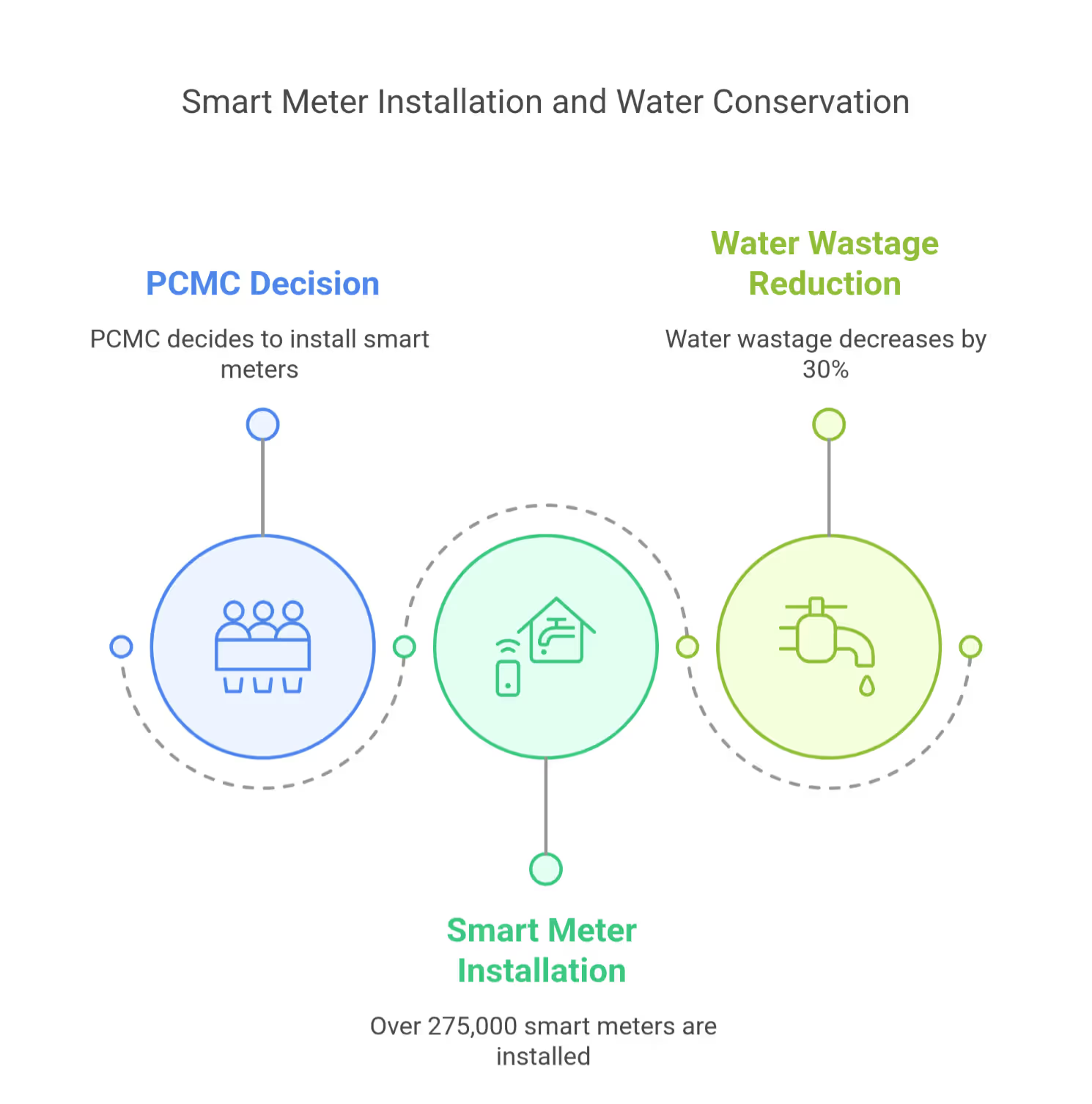
The Pimpri-Chinchwad Municipal Corporation (PCMC) in Maharashtra installed over 275,000 smart meters to control unaccounted-for water. The result? A 30% reduction in water wastage.
Source: PCMC Smart Water Project
2. Leak Detection Systems
Conventional water supply systems often waste between 20% to 30% of water due to leakages. IoT sensors embedded in pipelines help detect leaks early and notify authorities through a centralized dashboard. Taking this proactive route helps prevent severe failures and conserves thousands of litres of water.
3. Water Quality Monitoring
Sensors can continuously monitor parameters like pH, turbidity, and chemical contaminants. Alerts are sent immediately in case of contamination, ensuring public safety and timely action.
Smart Water Management in Ahmedabad: Current Status & Opportunities
Ahmedabad Municipal Corporation (AMC) has initiated steps toward smart water management. Projects like the Sabarmati Riverfront Development have showcased the importance of sustainable infrastructure and water reusability. However, broader implementation of IoT-based systems remains limited and full of potential.
This is where the role of an IoT development company in Ahmedabad becomes crucial. By partnering with a local technology provider, civic bodies and businesses can gain custom IoT solutions tailored to the region's infrastructure, climate, and water challenges.
Real-Life Global Examples That Inspire Local Action
Here are a few cases of how cities around the world are applying IoT to water management:
1. Barcelona, Spain
In Barcelona, more than 500 smart water meters have been set up across public fountains and parks. These meters helped the city save 10% of water annually, especially during dry seasons.
Source
2. Singapore’s NEWater Program
Singapore is a global leader in water recycling and IoT-based control systems. The city uses sensors to manage water treatment, distribution, and quality monitoring.
Read more
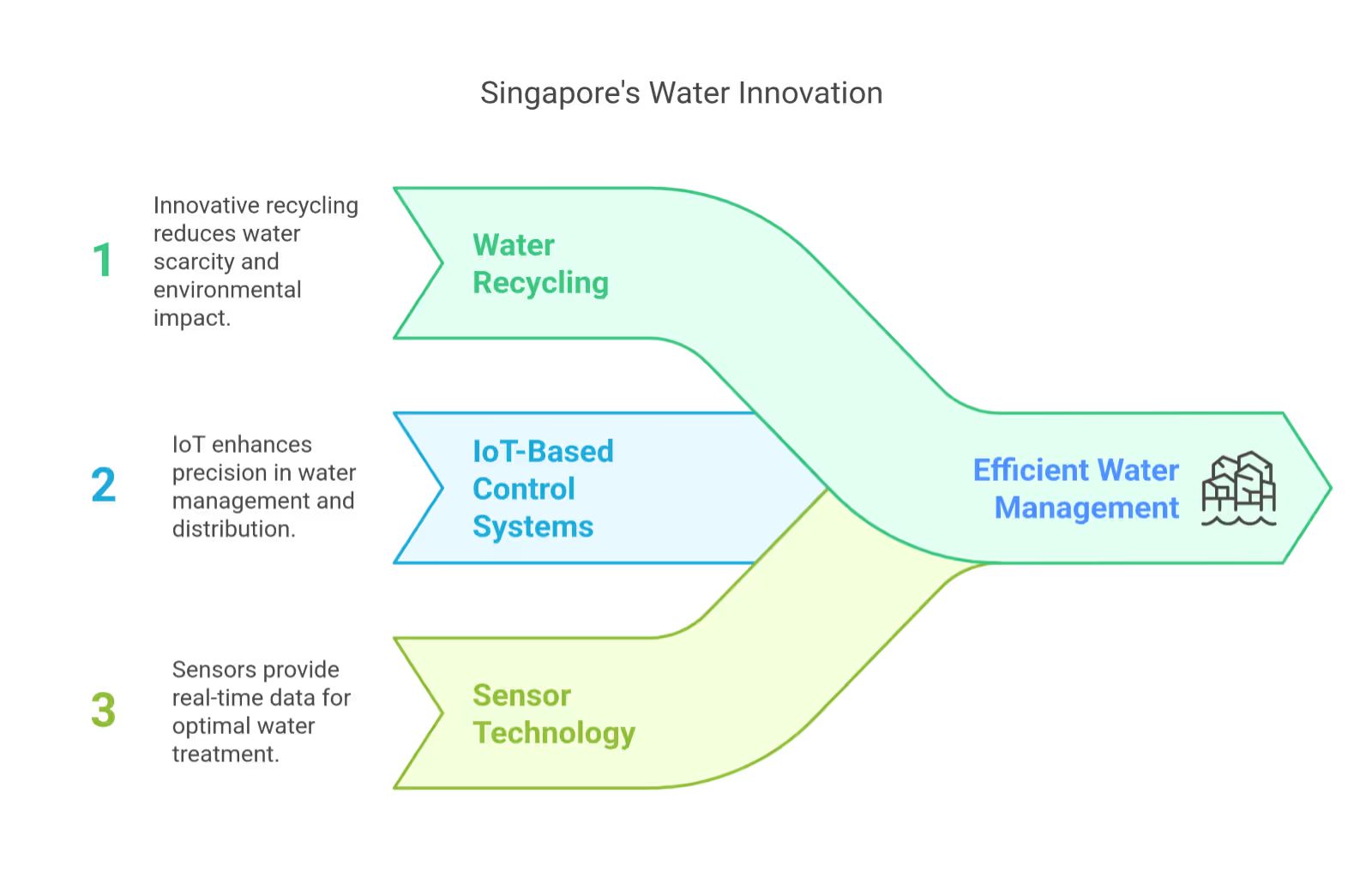
3. Vadodara Smart City
Closer home, Vadodara is implementing IoT-based smart water systems under the Smart Cities Mission to reduce water loss and automate billing. This showcases a template Ahmedabad can follow.
Source: Vadodara Smart City Project
Why Local Solutions Matter
Water management challenges are local in nature—varying by soil quality, rainfall, existing infrastructure, and consumption patterns. That’s why choosing the right tech partner who understands the local ecosystem is vital.
As a trusted IoT development company in Ahmedabad, Theta Technolabs brings a deep understanding of regional challenges and tailors IoT-based smart water management systems that meet both urban and rural needs.
Final Thoughts: Building a Sustainable, Smarter Ahmedabad
Ahmedabad is at a pivotal moment. With climate challenges growing and the city’s footprint expanding, water management can’t be an afterthought. Embracing IoT and data-driven systems will not only ensure sustainability but also position Ahmedabad as a modern, smart city leader in India.
Ready to Future-Proof Your City or Business?
Whether you are a civic body, private enterprise, or a sustainability-focused startup, Theta Technolabs offers end-to-end digital solutions to support your smart city goals. From mobile application development, web application development, to cloud infrastructure and setup, we design custom technology stacks that deliver lasting impact.
Let's transform water management and more—together.
Drop an email at sales@thetatechnolabs.com



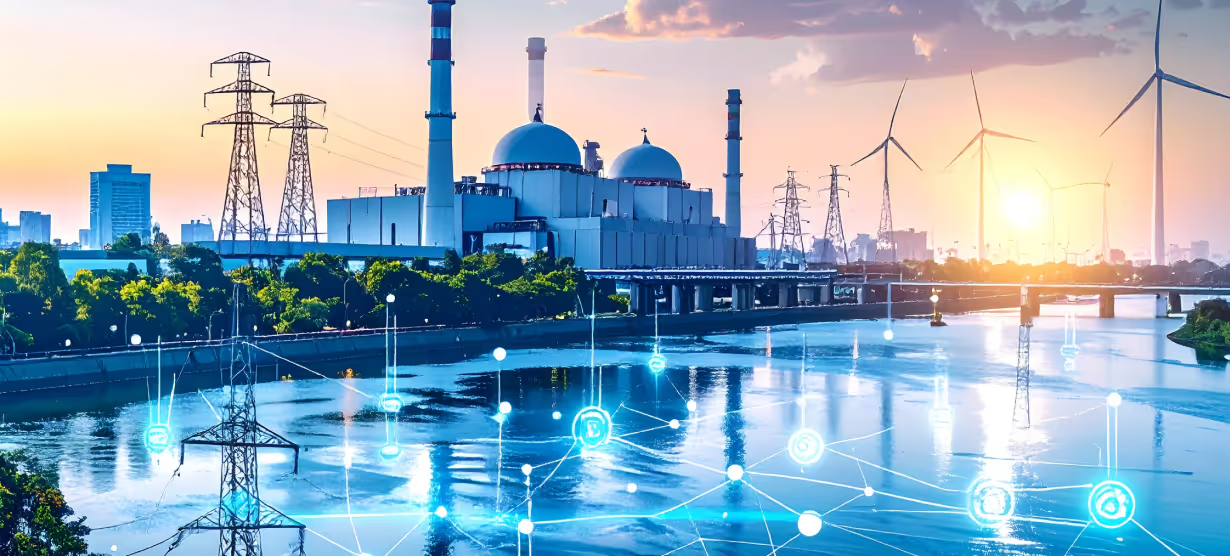












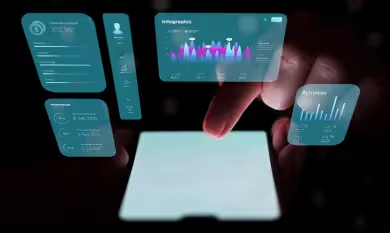

_Computer%20Vision-enabled%20Web%20and%20Mobile%20Interfaces%20for%20Mall%20Management%20in%20Dubai_Q1_In_24.avif)
_Smart%20Solutions%20for%20Healthcare_%20How%20IoT%20Development%20is%20Reshaping%20Dubai%20Hospitals_Q1_In_24.avif)
_Automated%20Checkout%20Systems.avif)
_Smart%20Manufacturing%20in%20Dubai_%20How%20AI%20is%20Driving%20Efficiency%20and%20Innovation_Q1_In_24.avif)

_Understanding%20the%20Impact%20of%20AI%20and%20Machine%20Learning%20on%20Fintech%20Web%20Apps%20in%20Dubai_Q2_24.avif)
_Explore%20the%20Best%20Cross-Platform%20App%20Development%20Frameworks%20of%202024_Q3_24.avif)
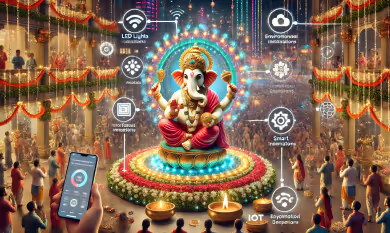

_Top%20Benefits%20of%20Cloud%20Computing%20for%20All%20Business%20Sectors_Q2_24.avif)
_Integrating%20IoT%20with%20Mobile%20Apps%20for%20Advanced%20Renewable%20Energy%20Solutions_Q2_24.avif)
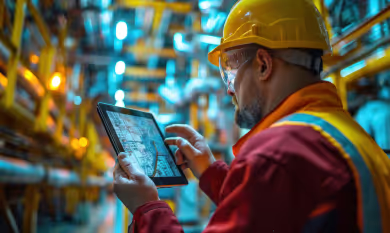

_The%20Transformative%20Role%20of%20Open%20Banking%20APIs%20in%20Fintech%20for%202024_Q3_24.avif)
_Choosing%20the%20Right%20Computer%20Vision%20Development%20Partner%20in%20Ahmedabad%20for%20Construction_Q3_24.avif)
_Node.js%20and%20Blockchain_%20A%20Perfect%20Pair%20for%20Fintech%20Innovation%20in%20Dubai_Q3_24.avif)
_How%20AI%20Development%20Companies%20in%20Ahmedabad%20are%20Transforming%20the%20Shopping%20Experience_Q4_25.avif)
_How%20IoT%20Can%20Reduce%20Energy%20Costs%20in%20Smart%20Factories_Q4_25.avif)






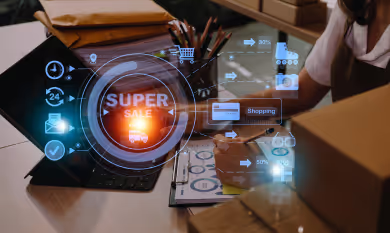

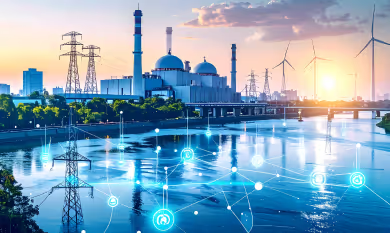

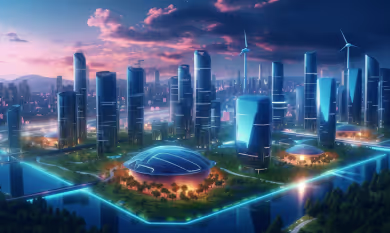

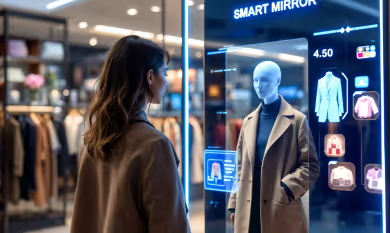
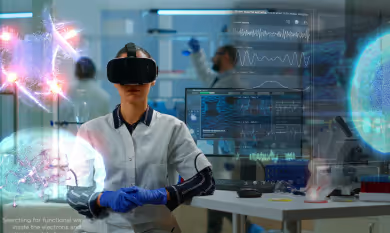
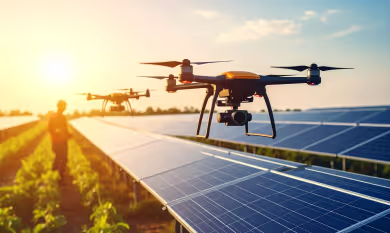
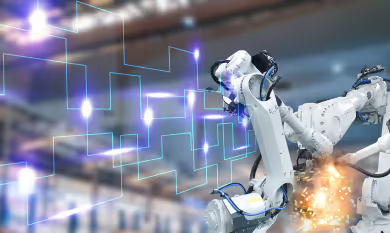




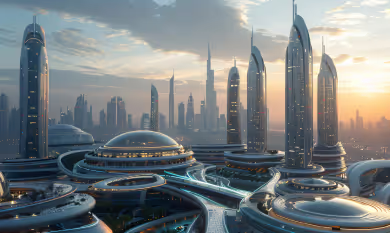
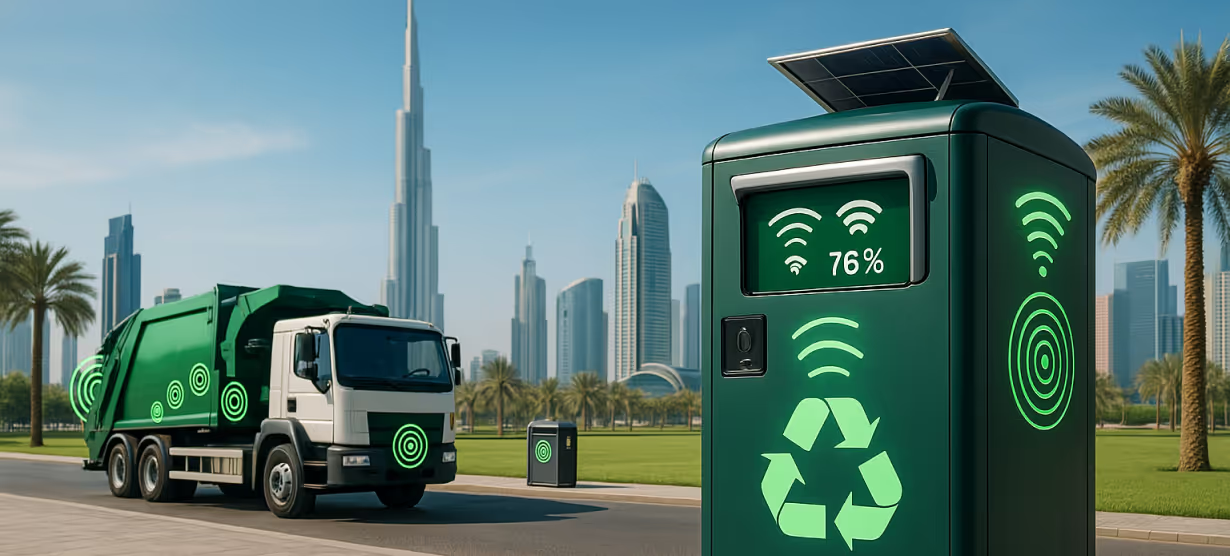
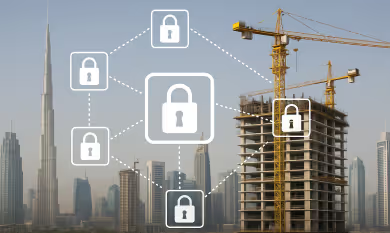
.avif)
.avif)
.avif)



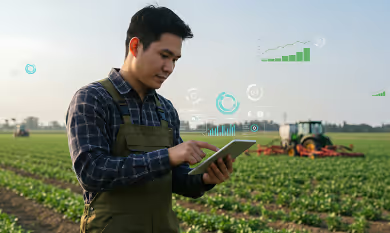
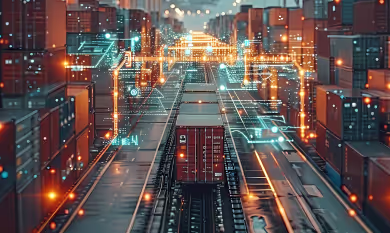
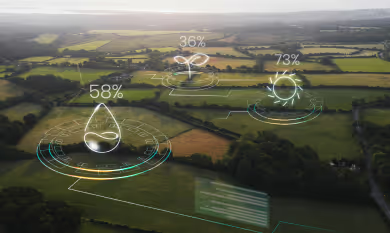

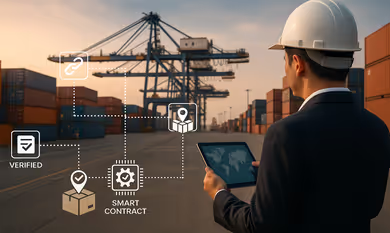
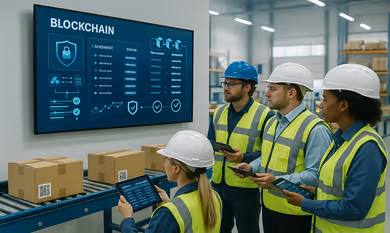



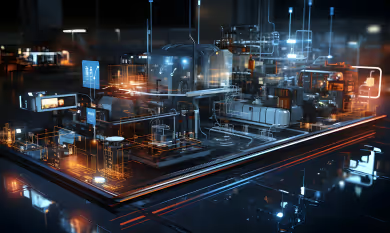
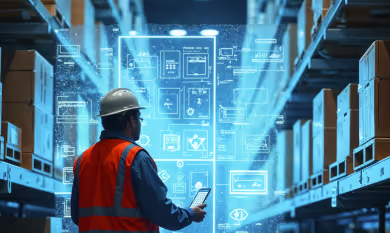
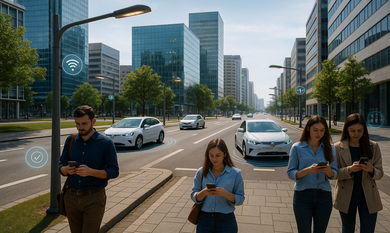
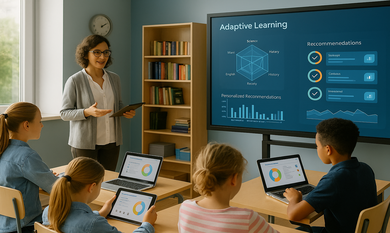

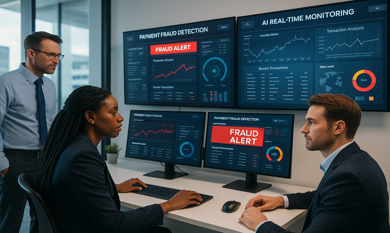


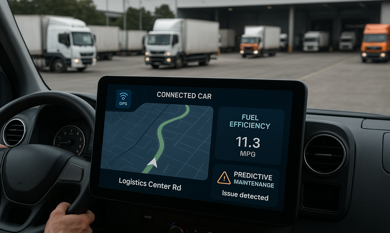




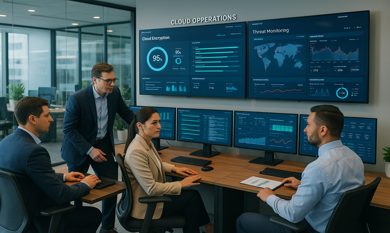

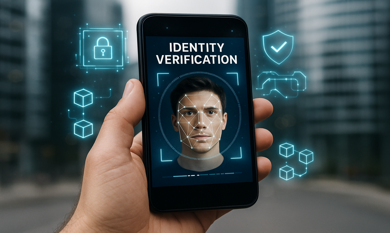





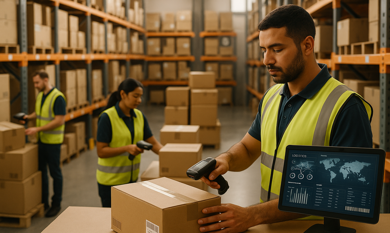



.png)





.png)
